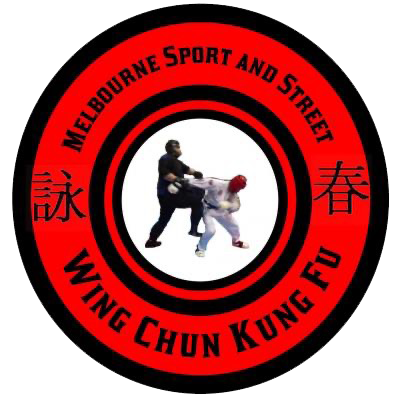The Philosophy of Martial Arts: Unveiling Profound Wisdom in the Way of Combat
By Maurice Novoa a master under the Yuen Kay Shan, Ip Man and Pan Nam lineages.
Hierarchy of Values
Martial arts are not merely about technique; they are about embracing a hierarchy of values that extend far beyond combat. Discipline, respect, humility, and integrity are among the core tenets that martial artists live by. These values are not confined to the dojo; they become a way of life that shapes one’s character and interactions with the world.
The Pursuit of Perfection
At the heart of this philosophy lies the pursuit of perfection. This pursuit is not about flawless execution, but rather the relentless journey of self-improvement. Martial artists understand that mastery is a never-ending endeavor, and each technique learned is a step closer to self-realization.
Mind and Body Unity: The Essence of Martial Arts
The Inner Harmony
Martial arts transcend the boundaries between body and mind. The philosophy revolves around the idea that a harmonious connection between the two is essential for achieving true mastery. Techniques are not empty movements; they are expressions of mental focus, mindfulness, and emotional control.
Living in the Present
Martial arts philosophy encourages practitioners to embrace the present moment fully. Whether executing a complex form or engaging in combat, being fully present enhances performance and awareness. This principle extends beyond the dojo, fostering mindfulness in daily life.
The Balance of Yin and Yang: Opposites United

Embracing Dualities
The philosophy of martial arts draws inspiration from the concept of Yin and Yang—opposing forces that coexist in balance. Martial artists learn to harness both external and internal energies, merging strength with flexibility, speed with control. This philosophy encourages individuals to find harmony within contrasts.
Applying Yin-Yang Beyond the Mat
The Yin-Yang principle extends beyond physical techniques. In life’s challenges, martial artists learn to balance determination with adaptability, assertiveness with empathy. By embracing dualities, practitioners cultivate resilience and wisdom.
The Path to Self-Discovery: Finding the Inner Warrior
Overcoming Ego
Martial arts philosophy teaches humility by humbling the ego. Practitioners learn that true strength comes from acknowledging weaknesses and embracing a mindset of continuous learning. This shedding of ego creates space for personal growth.
The Warrior’s Code
The code of conduct in martial arts is a blueprint for ethical living. Upholding moral values not only enhances one’s character but also sets an example for others. This philosophy guides practitioners to be upright individuals who contribute positively to society.
The Journey as the Destination: Martial Arts as a Way of Life
Lifelong Learning
The philosophy of martial arts emphasizes that the journey is as important as the destination. Whether novice or master, learning never ceases. This philosophy fosters a thirst for knowledge and encourages humility.
The Greater Purpose
Martial artists understand that their training transcends personal gain. By mastering their own strengths and weaknesses, they become equipped to protect and uplift others. The philosophy instills a sense of responsibility toward the well-being of the community.
Embodying the Philosophy: The Soul of Martial Arts
In the tapestry of martial arts, philosophy is the thread that weaves techniques into a transformative experience. As you embark on your own journey, remember that it’s not solely about the physical techniques but the inner growth and wisdom they inspire. Embrace the principles of discipline, respect, harmony, and self-improvement. Allow the philosophy to shape not only your movements but your character, guiding you toward a life lived with intention, wisdom, and purpose.
Conclusion: A Journey of Depth and Enlightenment
As we delve into the world of fighting styles, it becomes evident that martial arts is more than a series of techniques—it’s a philosophy that offers profound insights into life itself. The philosophy of martial arts transcends the physical movements, inviting us to explore our values, our connection with the present moment, and the balance between opposing forces. It’s a path of self-discovery, where the ego is humbled, and ethical values are upheld.
The journey of martial arts is a lifelong one, marked by continuous learning and personal growth. This philosophy fosters not only physical prowess but also mental and spiritual evolution. By embracing the teachings of martial arts, practitioners become not just skilled fighters, but individuals who embody discipline, respect, and harmony in their everyday lives.
As you embark on your own martial arts journey, remember that each punch and kick is a reflection of the deeper philosophy that guides your path. The principles you learn within the dojo will resonate in the decisions you make outside of it. Embrace the wisdom of martial arts, and you’ll find that it extends far beyond the mat, enriching your existence with purpose, mindfulness, and enlightenment.


